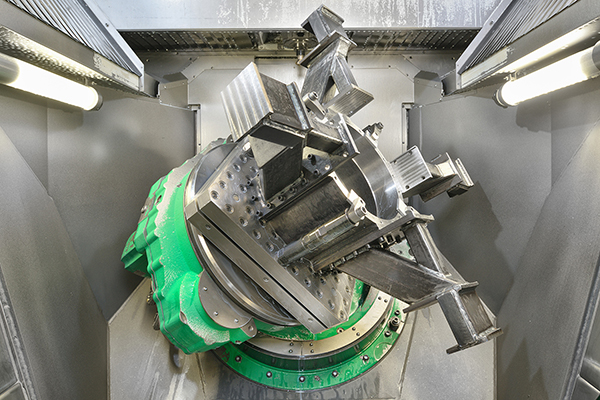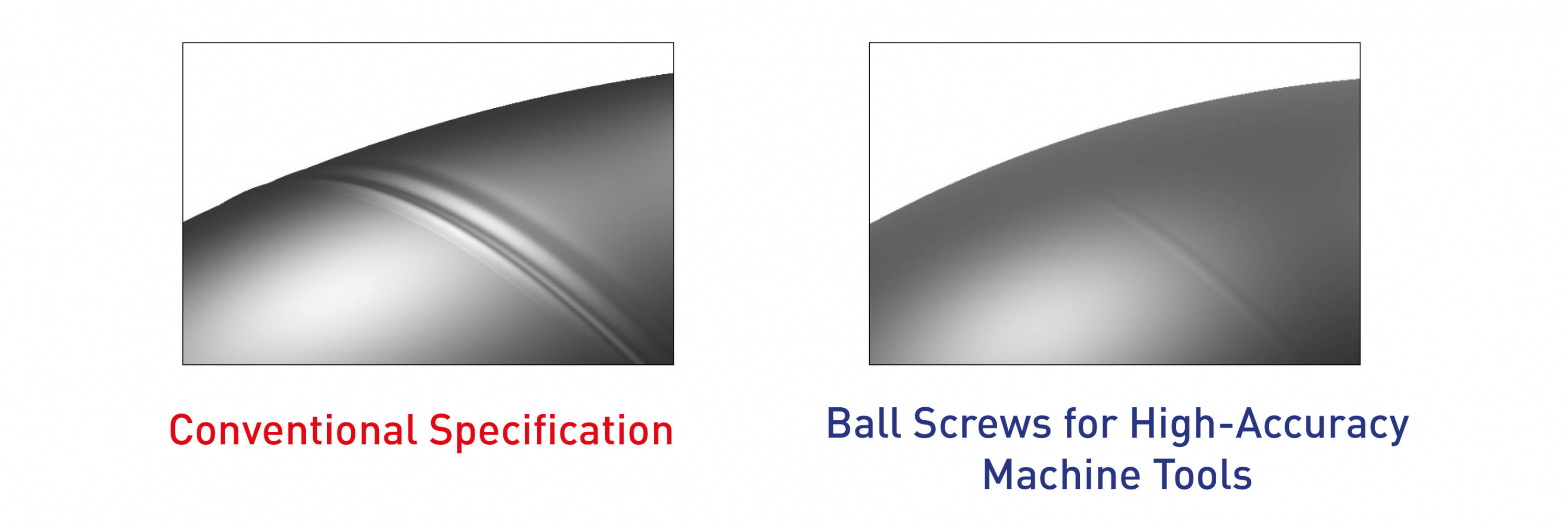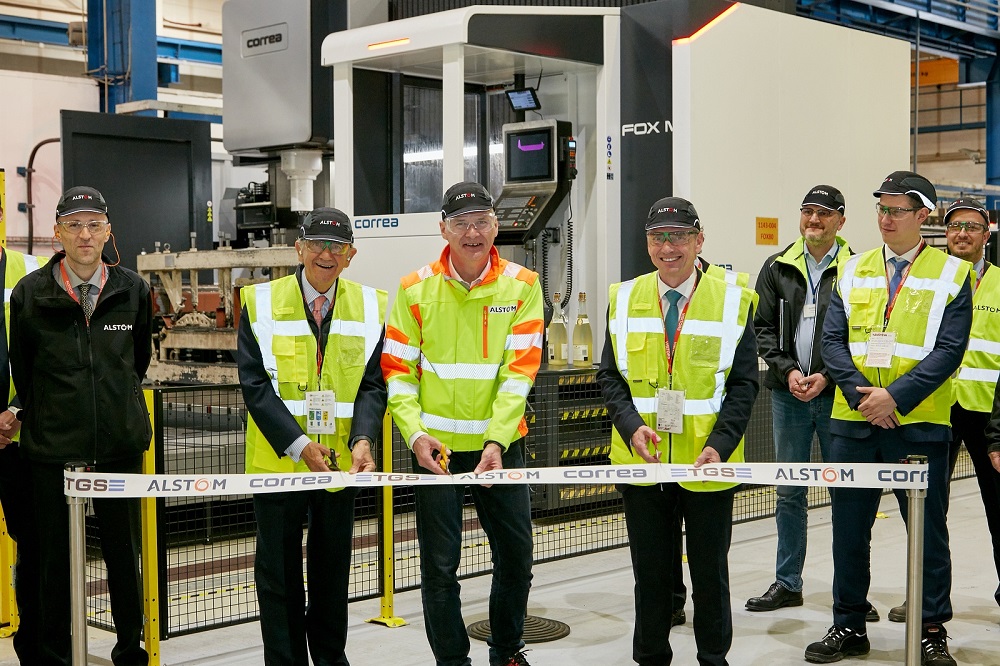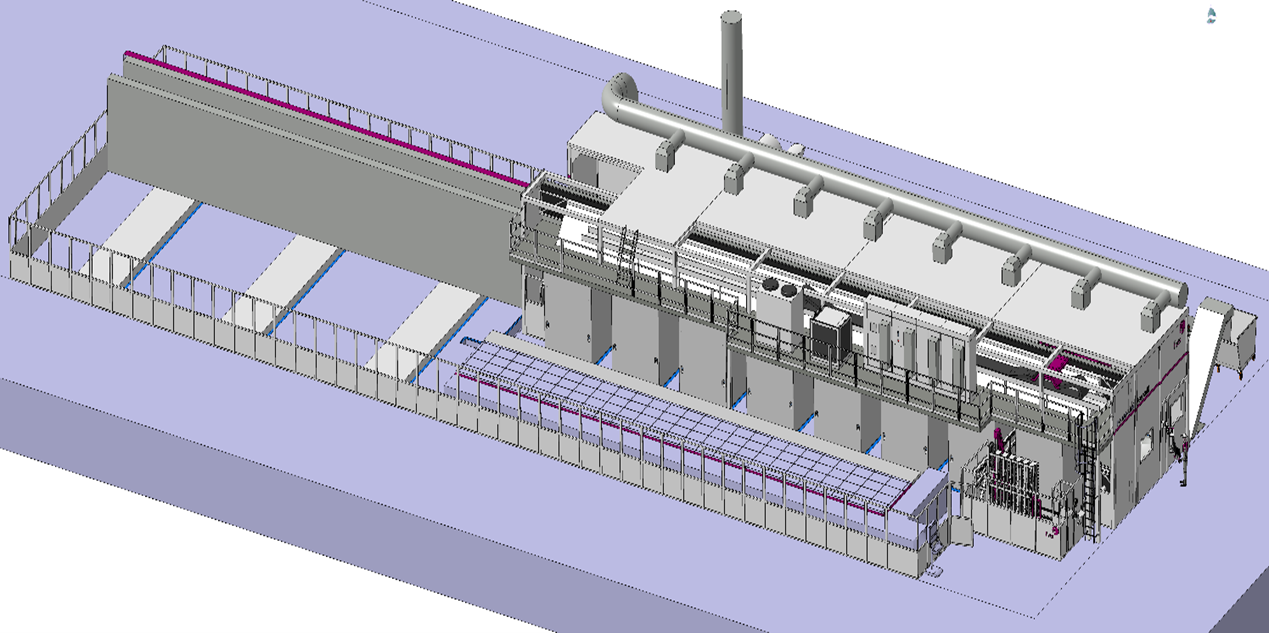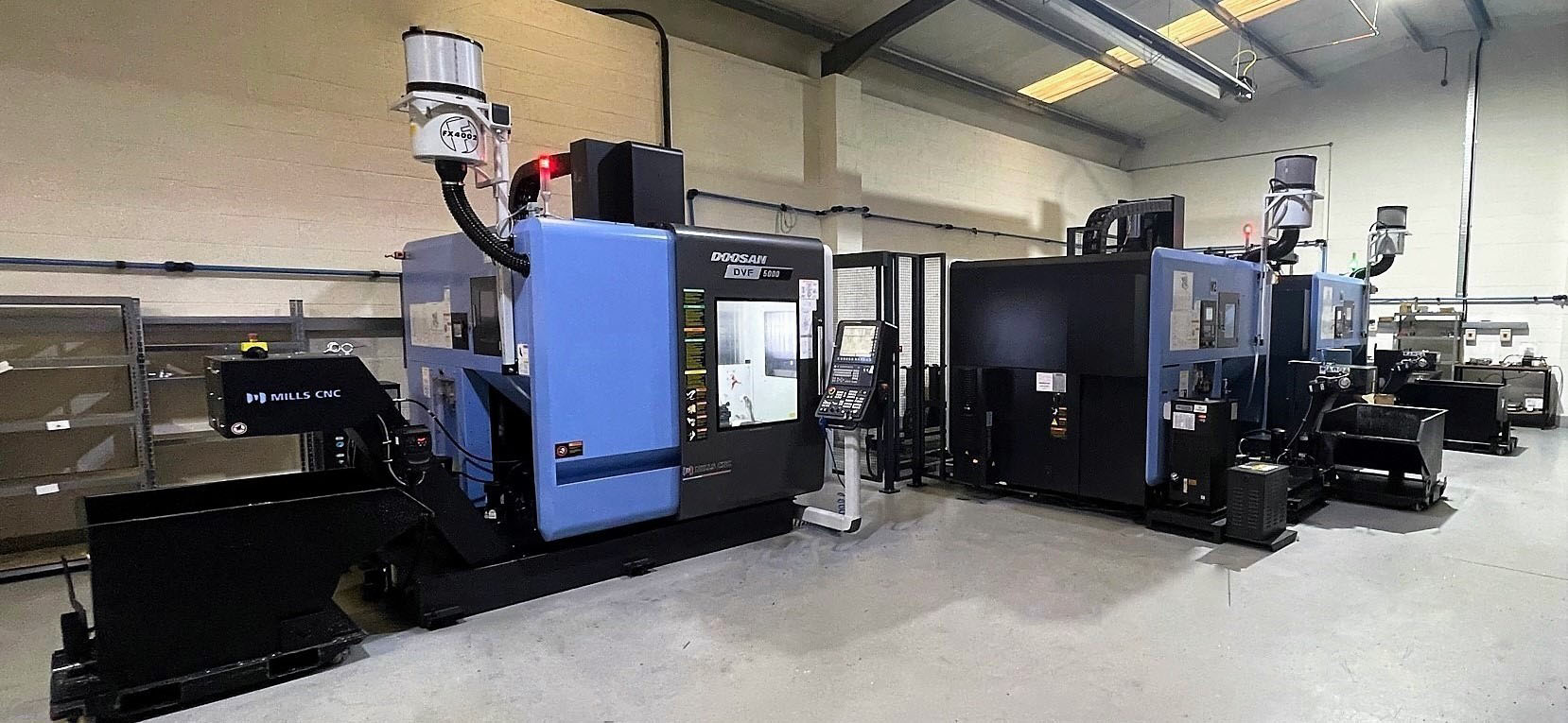For more than 43 years, IASA Instandhaltungstechnik AG has been a reliable partner in the field of maintenance, mechanical engineering and machining technology. Based in Switzerland, the core expertise of IASA AG lies in the production of precision components and the servicing and overhauling of pumps, fittings and safety valves.
Since 2011, IASA AG has been using a Unisign CNC – a compact, high-performance machining centre for the rapid, precise and cost-effective production of aluminium structural components. Its 100 kW spindle drive with a speed of 25,000 rpm removes aluminium at a rate of more than 10,000 cm3/min.
Thanks to the rigidity specified in its design, the machine remains extremely stable throughout. However, after so many years of operation there is an understandable need to verify machine precision, which is why the production manager at IASA AG, Yannic Zünti, recently contacted Unisign and asked for a geometry measurement.
When checking the TRAORI point (the pivot point of the turntable and swivel table), Unisign identified a small dimensional inaccuracy in the Z axis. The company corrected this discrepancy before carrying out further measurements on the spindle in two temperature scenarios – hot and cold. The result: both measurements were once again comfortably within the machine’s specifications.
The Unisign machine at IASA AG is now back in operation, in a way that is cost-effective and prevents wear; it is once again ready to continue production at an extremely high degree of accuracy for many years to come.
Says Zünti: “Unisign enables us to achieve an ideal balance between high reliability, speed, performance and accuracy. Those values are not only of importance to us, but are also crucially important to our customers.”
For further information www.unisign.com




